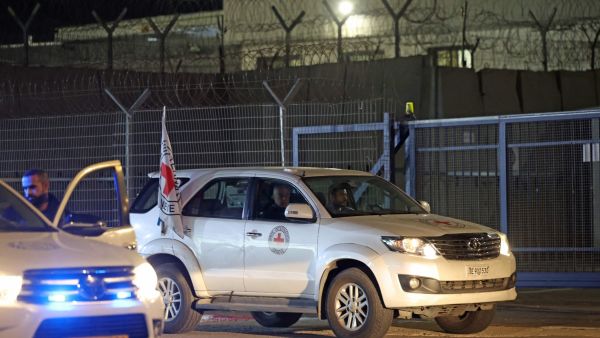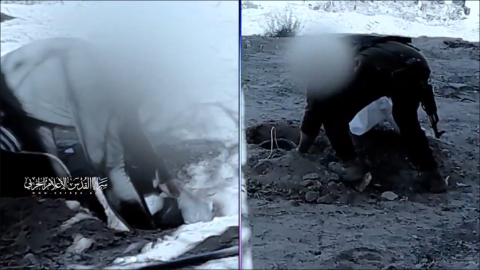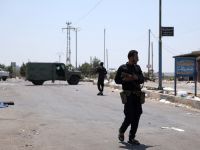ALBAWABA - Israeli media said there are no signs that the Israeli army is preparing to leave the Philadelphi Route along the Egyptian-Gaza border or the Palestinian side of the Rafah crossing.
Zman writer Amir Bar Shalom, who conducted a field tour along the Philadelphi Route, said the Israeli military presence shows long-term goals and no signs of retreat. He saw a significant military push as Israeli troops extended their control from the Egyptian border well into the eastern parts of Rafah.
Bar Shalom claims that whole villages were destroyed as a consequence of intense fighting in Rafah. Unlike central and northern Gaza, when individual buildings were attacked, Rafah reportedly had extensive areas rigged up with explosives to impede Israeli advances.
During the tour, Bar Shalom found pieces of tunnel, which suggests that Hamas may have used them for smuggling or as a defense path. He also revealed the discovery of Israeli captive remains and the location where top Hamas leader Yahya Sinwar was allegedly killed.
The reporter saw little Egyptian military activity close to the border and hardly any movement at watchtowers. He underlined that Egypt's early fortification of its borders with concrete walls and barriers to halt a refugee flood had caused Cairo to express grave concerns.
Israel Hayom says that Egypt would consider allowing some Israeli protection in the Philadelphia area to facilitate a ceasefire. But Egypt remains steadfast in its public support for a full Israeli withdrawal.
Israel has made large expenditures in border infrastructure, including as paved roads, monitoring equipment, and communication networks, in order to detect cross-border tunnels. Growing suspicions that Israel is postponing negotiations in anticipation of President-elect Donald Trump's upcoming inauguration might alter the diplomatic dynamics of the ongoing issue.










